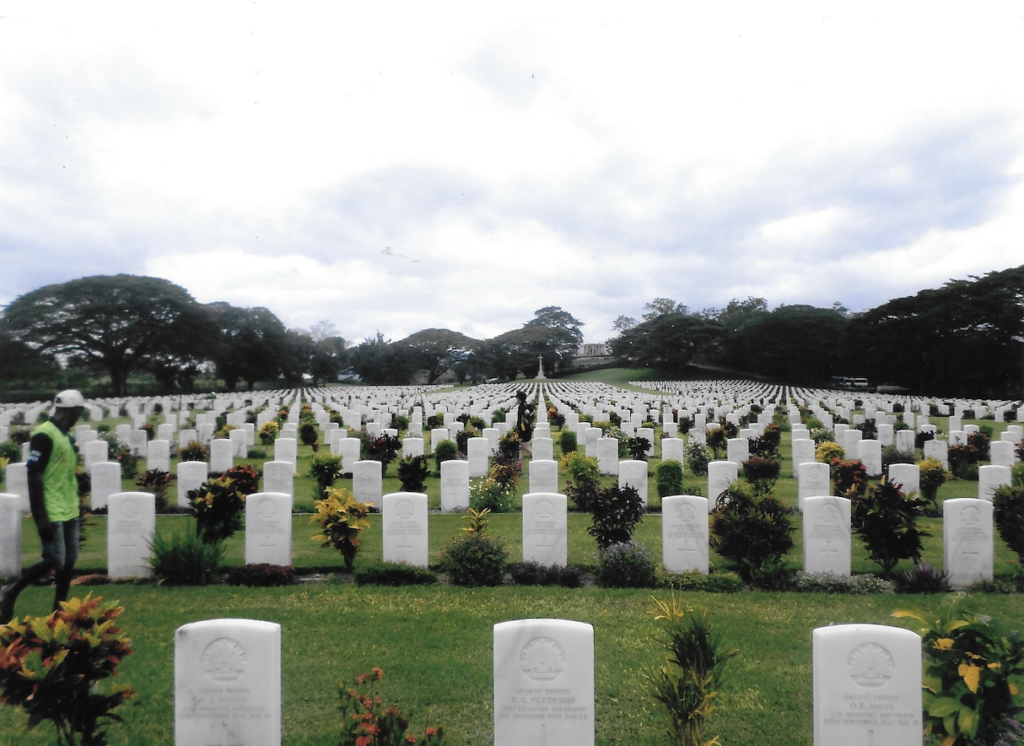August 15 marks 75 years since World War II ended in the Pacific with Japan’s surrender to a group of countries that included Australia. Yet as society gets further from these events, both culturally and through time, milestone anniversaries like this can slip by without notice.
On this day, while we remember all Greeks who fought beside Australians in WWII, we specifically look at those who defended the Kokoda track. A direct pathway for the Japanese to enter Australia.
316 Greek Australians served in the New Guinea Campaign including 26 on Kokoda Track. Australian war author Steve Kyritsis writes about the brave actions of Australians who fought in this disastrous campaign.
“On Kokoda – New Guinea campaign, there were 7 lots of two brothers of Greek origin, 2 lots of 3 brothers and 1 lot of four brothers,” Kyritsis writes in his book ‘Greek-Australians in the Australian forces: World War I & World War II‘.

“Great Stories such as of John Manolitsas picture in the most Iconic photo of the Kokoda Track, Con Vafiopoulos the medic who did a amputation on Australian soldier on a rock, and the soldier survived, the rock has been named “Cons Rock” and is still visible on the Kokoda Track.”
The organisation of Australian troops led to hundreds of casualties, many of which could have been prevented. Coming up against a fierce Japanese infantry unit, who expertly made there way around the uneven terrain, the Australians were ill-equipped, poorly supplied and inadequately trained for jungle warfare. Left heavily outnumbered, Australians suffered mass casualties.
The Japanese got as far as Ioribaiwa, about 40 Kilometres from Port Moresby. Yet, the Japanese were faced against a returning battalion from Europe who pushed the Japanese up the Track.

More Australians died in Papua New Guinea than in any other campaign of the war, but Australia managed to defend the sovereign military point and eliminate enough Japanese soldiers to hold their position.
“Angeo Barboutis died fighing in a swamp against the Japanese. The three Manusu (Manousos) brothers fighting side by side on Kokoda, Pericles and Guy enlisted on the same day and killed in action at Eora creek in October 1942, within couple days of each other,” Kyritsis writes.
Australian casualties on the Kokoda Track: 625 killed, 1055 wounded.
Japanese casualties on the Kokoda Track: 12,000 killed 1,880 wounded.
